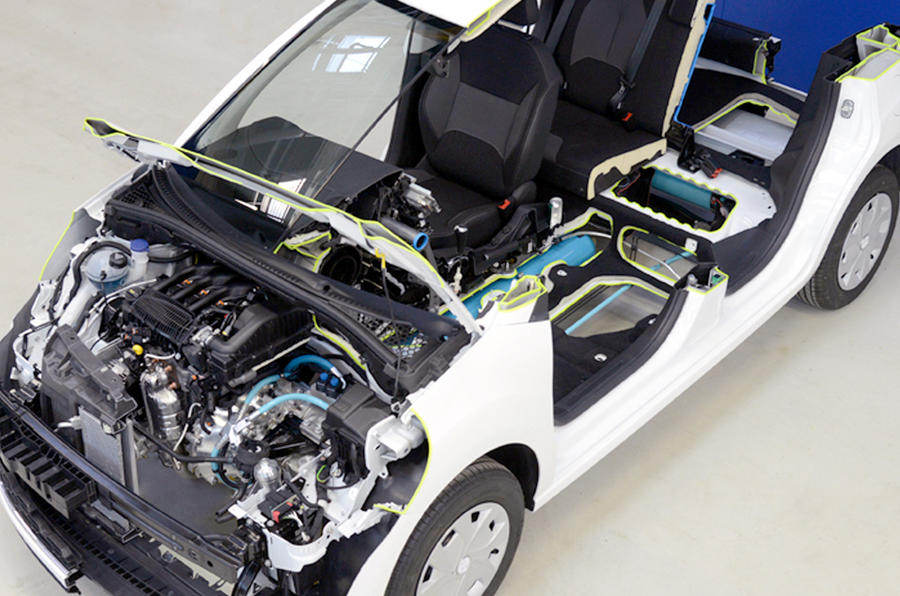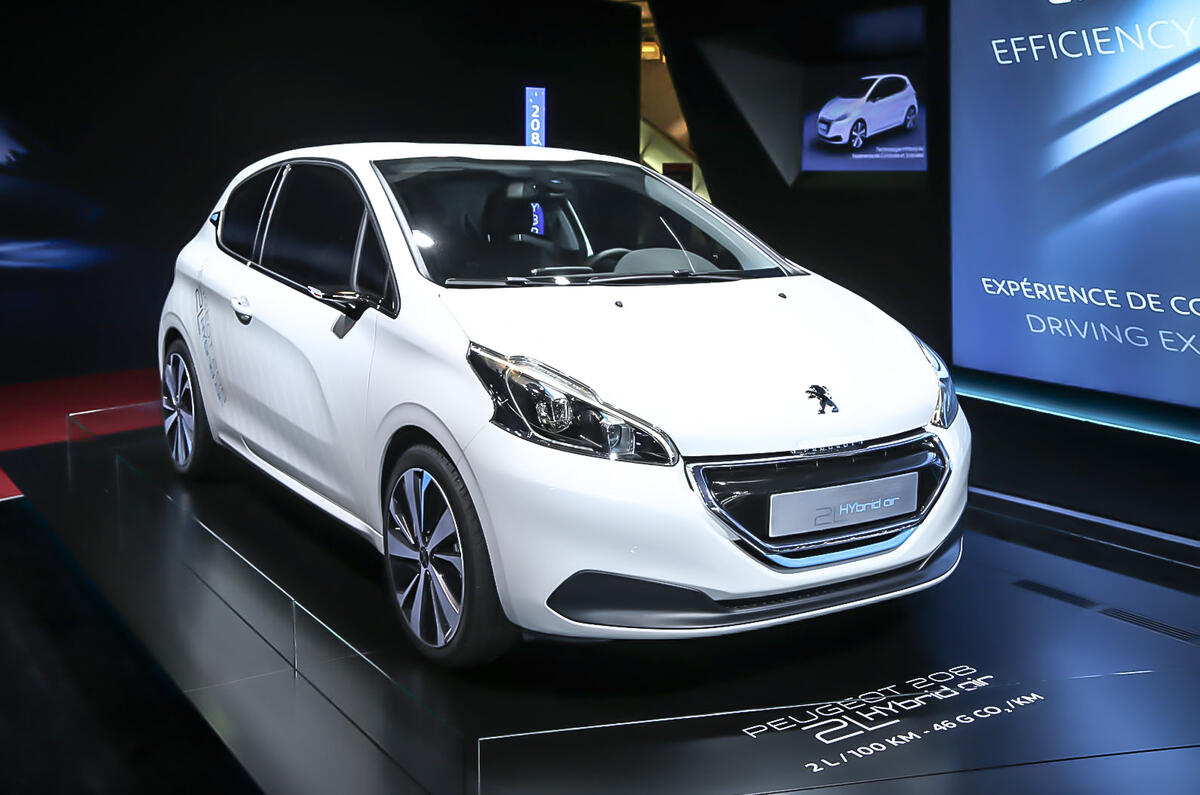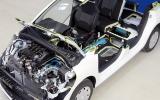PSA Peugeot Citroën is scaling down its once-promising Hybrid Air project because it has been unable so far to attract a major manufacturer to share the high development costs.
Development will continue, PSA insists, while admitting that its 180-strong development team has been slimmed down.Reports in the French press say the process, once tipped to cut a car’s city fuel consumption by more than 40 per cent by compressing air in the coasting and braking phases and using it for acceleration, is unlikely to see commercialisation.
Project leader Karim Mokaddem left the company “quietly” more than three months ago, according to French newspapers.
Questioned by Automotive News, PSA sources countered that Mokaddem’s departure was always planned after the first development phase had been completed. They insisted that there were no plans to cancel the project. But they failed to repeat claims that the process, developed with help from component supplier Bosch, would produce cars partially propelled by compressed air in 2016.
In October last year, PSA admitted that it was seeking partners to share the research and development cost of the Hybrid Air system, because the technology was proving expensive to bring to market.
Autocar has already driven a prototype Peugeot 2008 fitted with the system, while Peugeot showed a 208 fitted with the technology at the Paris motor show last year.
Citroën has also fitted a Hybrid Air-based powertrain to its C4 Cactus, creating the C4 Cactus Airflow 2L concept.
PSA research and development boss Gilles Le Borgne has previously said the technology requires a production run of about 500,000 cars a year to make economic sense, because the system needs numerous components not found in other cars – including hydraulic motors, special gearboxes and 300bar gas tanks.
“Car companies are like big ships,” he said. “It takes time for them to change course as much as they could have to.
“Hybrid Air is ready for development, but it needs a big investment and we are not ready to make it on our own."
Get the latest car news, reviews and galleries from Autocar direct to your inbox every week. Enter your email address below:












Join the debate
Add your comment
Old news
Sad but predictable
Safer?
Sounds like one for the EU to chip in with, or even the Chinese government to strengthen its green image and kickstart a technology in a high volume market.